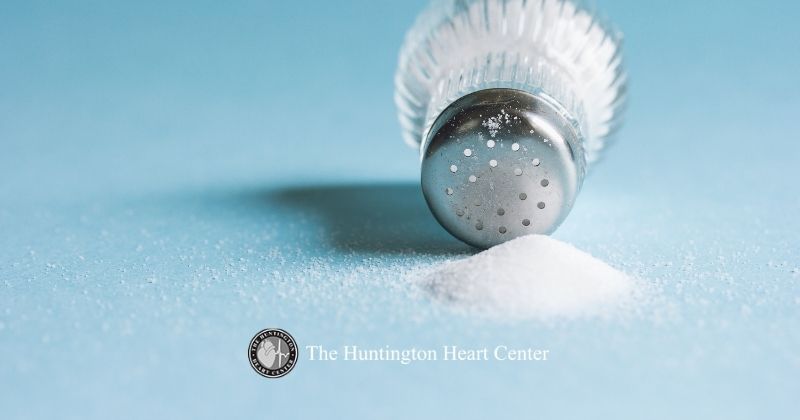How Salt Affects Your Blood Pressure
Before you reach for that salt-shaker at the dinner table, you might want to know what that extra sodium does to your blood pressure and overall heart health. Did you know that the daily recommended amount for salt is only about one teaspoon or less? And that it is likely already incorporated into your food without the assistance of a few shakes of salt? It is time to assess your salt intake and modify it to best suit your heart health.
Shake the Habit
Sodium is not inherently bad for your body – quite the opposite – it helps your body balance fluid, maintain nerve transmission, and balance muscle contractions. However, once you breach the daily level, it begins to have adverse effects on your blood pressure – thus increasing your risk of heart attack, stroke, and cardiovascular disease.
Why? Because salt contains sodium and too much sodium causes your body to retain fluid to help flush out that extra salt. This added fluid in your body puts a strain on your blood vessels, causing your heart to work harder and your blood pressure to increase.
What You Can Do
A well-balanced diet is beneficial for endless health reasons, and monitoring your salt intake can increase the benefits to your heart. You should avoid highly processed or preserved foods as huge amounts of salt is common in these foods. The next time you find yourself in a grocery store or in a restaurant that has nutritional information available, check out the sodium content of your meal. You might be surprised at how much it contains. Sometimes double what you should be eating all day!
Try not to add any salt to your food – your daily sodium levels are found naturally in foods and a lot of your seasonings already have added salt. Cooking your meals at home helps you know what ingredients are going in and what you are putting in your body. Eat more fruits and vegetables to fill up your stomach and enjoy the food’s natural flavor. The longer you go without added salt the more your tastebuds will appreciate how your food tastes without it.
The Bottom Line
Taking out salt from your diet is an easy way to help fight high blood pressure and ultimately enjoy your food more. If you are looking to alter your diet to optimize heart health, ditch the shaker! Know what foods are high in sodium and eventually choosing low sodium foods and avoiding salt will become a second nature. Your heart will thank you later.
If you would like to talk to a cardiologist about how salt is affecting your heart, schedule an appointment with us today. Huntington Heart Center is equipped with an experienced team that works closely with our patients to mold the healthiest lifestyle possible.








